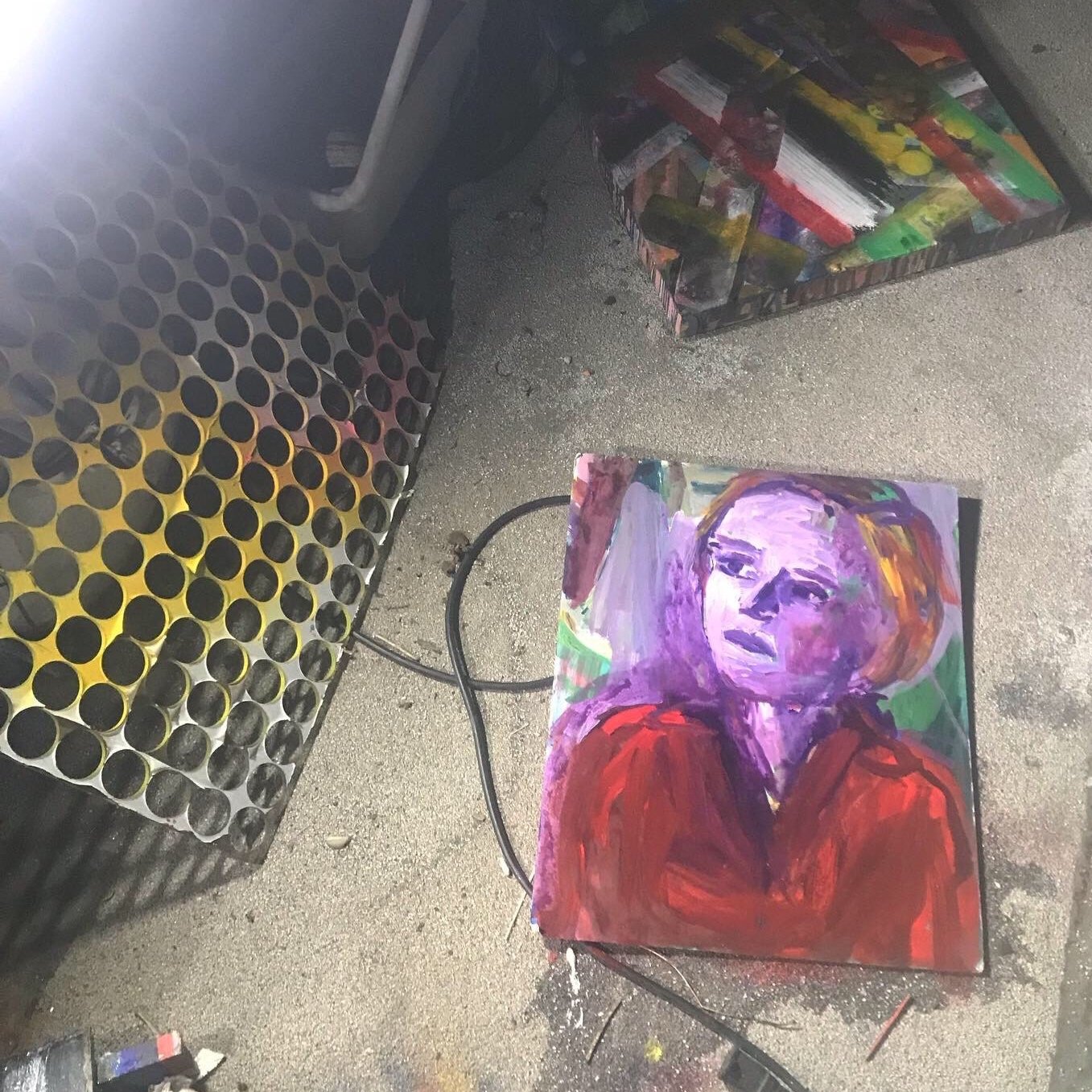
Glenda Winders, author, columnist and poet
“Samantha is a joy to work with and a writer's dream editor. She is knowledgeable, patient and kind and always ready to work out technical and other issues that arise. I am grateful to be able to work with her.”
Jamie Stiehm, Washington journalist and nationally syndicated columnist